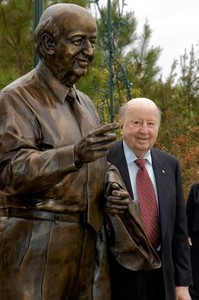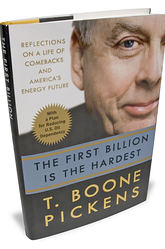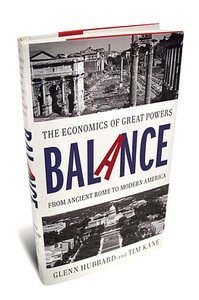(p. A4) Some members of Parliament have lobbied for fishing licenses for the owners of pleasure boats in the Aegean islands. Others have asked for government jobs for award-winning athletes or members of dismantled state agencies. One sought to exempt theaters and cinemas from a controversial property tax. Another to reduce fines for the owners of illegally built homes in parts of northern Greece. The list goes on.
In all, more than 90 such budget-busting proposals have been floated as lawmakers scramble to push through last-minute amendments to bills otherwise intended to meet the demands of creditors who want Greece to liberalize its job market, cut red tape and shrink state payrolls.
. . .
But the proliferation of items threatens to delay that step, as lawmakers go to the trough one last time. Greece’s practice of trading favors — often government jobs — for political support is as old as its 400 years of Ottoman rule, when the system evolved. The word for it, “rousfeti,” which means favor, has its roots in the Turkish word for bribe.
. . .
“In Greece, the cross is sold in exchange for a government job,” said one of them, Theodoros Pangalos, the outspoken deputy prime minister and seasoned Socialist, referring to the X that voters make on the ballot.
“No one has dared touch this system to date,” Mr. Pangalos, who will not seek re-election, said this month in an interview with the French-German television channel Arte. “But it is time for it to change.”
For the full story, see:
NIKI KITSANTONIS. “Despite Warning, Old Handouts Die Hard for Greek Politicians Facing Voters Soon.” The New York Times (Tues., April 10, 2012): A4.
(Note: ellipses added.)
(Note: the online version of the article has the date April 9, 2012.)






